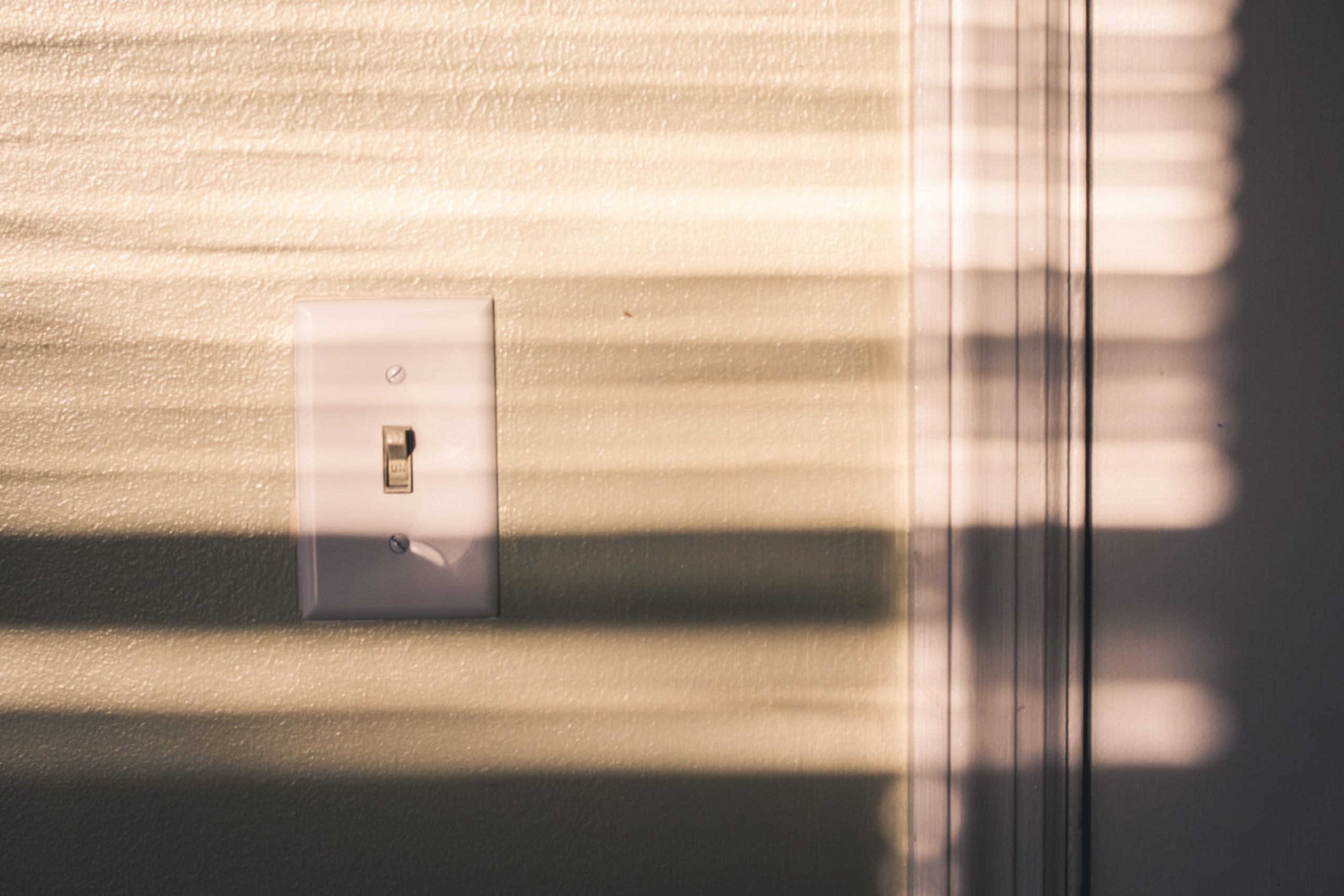
We live in very troubling times as the world crumbles before our eyes. There is war in Europe and the ability to control the narrative on social media has never been more urgent. Ukraine, largely through the social media mastery of President Volodymyr Zelenskyy, has galvanized the West and has become the ultimate hero meme.
Volodymyr Zelensky Is Not a Meme
Russia is continuing to ban western social media platforms and threatening 15 years in prison for anyone who refers to the ‘special operation’ as a war or cites coverage other than from official Russian media sources.
Russia Blocks Facebook and Twitter in a Propaganda Standoff
Instagram banned in Russia over ‘calls to violence’
He said, She said
Russia destroyed a children’s and maternity hospital in Mariupol, and the Russian Foreign Minister claimed it was the work of Ukrainian terrorists. The Russian people hear one message, the rest of the world hears the truth. Putin’s next step is likely disabling the Internet in Ukraine while Russia builds its own isolated and restricted internet behind a firewall – just like China.
It’s bad enough that we must be wary of lies and deep fakes as we scroll through our newsfeeds, but imagine not being able to access them at all? The war in Ukraine is stark, real-time evidence of the Yin & Yang of social media – you can’t have the good without the bad.
No Yang without the Yin
One of the benefits of centralized social media platforms like Facebook, YouTube and Instagram is the size and scale of their audience. The Yang: Theoretically a post on Facebook reporting the hospital bombing in Mariupol could reach and audience of 2.9 billion people, if Facebook allows it. The Yin: The Russian response blaming Ukrainian terrorists can reach the same audience, again, if Facebook allows it.
This reach has made social media an important tool for information and dis-information spreaders alike. However, this scale is fragile because the centralized, Cloud roots of these platforms are built on a single point of failure, one IP address.
Who pulled the plug?
If Russia, or any other country for that matter, doesn’t like the content their population sees on Facebook, they can threaten to imprison the local social media executives, or simply pull the plug by blocking one web address. This applies to every other social platform including secure email and messaging apps like ProtonMail, Telegram, Signal and WhatsApp since they are all centralized too.
The Ukrainian people are establishing groups on Telegram including the new Ukrainian ‘Cyber Army’. What will happen if Putin manages to disable the entire Internet in Ukraine? Or blocks just Telegram? How does anyone without a satellite terminal document war crimes or coordinate humanitarian efforts or plan evacuations?
Talk is cheap
The war in Ukraine is a stark reminder of the value and the importance of being able to freely communicate and share online. It’s also exposed the shattering weakness of Internet centralized architecture: its top-heavy balancing act on a single digital point of failure.
The value of centralized platforms is that they are cheap, easy to build and operate, so services can be offered ‘for free’ in return for your data. The problem is that if your government doesn’t approve, they can turn it off and you lose your entire digital life.

